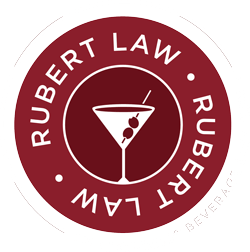Craft distilleries are no longer an oddity here in Florida. A gradual relaxing of the state’s strict regulations over the past decade has led to a mini-boom, with dozens now in operation. These small businesses have quickly become part of their respective communities, with many even shifting production to hand sanitizer recently due to the public health demand.
Even with the industry’s growth, Florida doesn’t always make things easy for craft distilleries. There is still plenty of red tape to navigate and running afoul of these laws could endanger an operation’s license. Here are five simple oversights that could imperil a craft distillery.
1. Not notifying DABT
If a distillery wants to be considered a craft distillery, its owners must notify the Florida Division of Alcoholic Beverages and Tobacco (DABT), in writing. This allows the facility to operate within the confines of the state’s craft-specific laws.
2. Producing too much product
A craft distillery is only allowed to produce up to 75,000 gallons of distilled spirits on its premises each year. Anything over that amount and a distillery can lose its craft designation and may be subject to different regulations. Once a craft distillery reaches that 75,000 mark, it must notify DABT within five days.
3. Failing to get proper licenses at all levels
If you want to distill liquor lawfully in Florida, you will need a DD license from the state. But that’s just one small piece of the puzzle. There are federal regulations governing all distilleries, for one. There will almost certainly be various municipal or county-level licenses to obtain as well. And in some cases, certain manufacturing equipment might require a license as well.
4. Allowing consumption on the premises
The law prohibits all distilleries in Florida from offering their product on-site for consumption. The only selection you can offer consumers at your facility is a tasting. No other consumption is allowed.
5. Selling too much from the gift shop
Craft distilleries can take advantage of a small sales exception. They are able to sell their own branded products directly to consumers, but only through a souvenir gift shop. The containers must be factory-sealed and offered only for consumption off the premises. In addition, an individual can only purchase a maximum of six bottles of a specific brand each year, and the distillery is expected to keep detailed records of transactions.
That is the only way a craft distillery can sell directly to consumers. Otherwise, the operation has to go through the standard distribution and retail channels.
